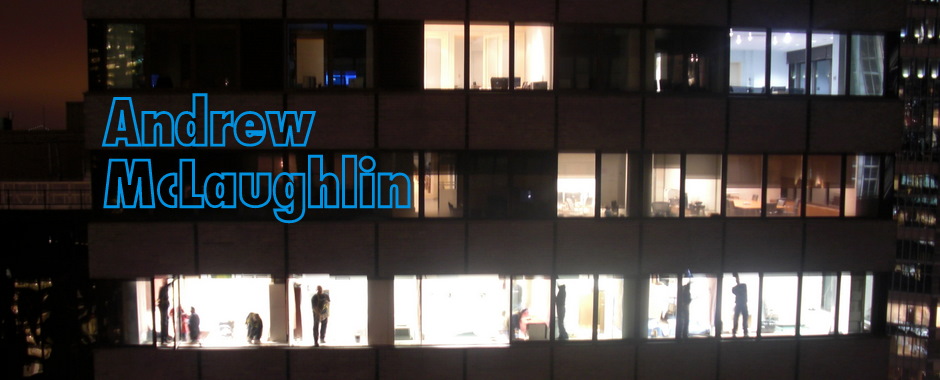Egypt's Big Internet Disconnect
Egypt's internet cutoff has failed in its central aim, but there may yet be further harms
As recently as a week ago, Egypt's internet was extraordinary in the Arab world for its freedom. For more than a decade, the regime has adhered to a hands-off policy, leaving unblocked everything from rumours about President Hosni Mubarak's health to videos of police beatings. Unlike most of its regional neighbours and other authoritarian regimes, Egypt's government never built or required sophisticated technical infrastructures of censorship. (Of course, the country has hardly been a paradise of free expression: the state security forces have vigorously suppressed dissent through surveillance, arbitrary detentions and relentless intimidation of writers and editors.)
Partly as a result of its liberal policies, Egypt became a hub for internet and mobile network investment, home to a thriving and competitive communications sector that pioneered free dial-up services, achieved impressive rates of access and use, and offered speedy wireless and broadband networks at relatively low prices. Indeed, Egypt is today one of the major crossing points for the underwater fibre-optic cables that interconnect the regions of the globe.
But last Thursday, the Mubarak regime shattered a decade's worth of accomplishment by issuing the order to shut down the mobile networks and internet links. Since the internet age dawned in the early 90s, no widely connected country had disconnected itself entirely. The starkness and suddenness of Egypt's reversal – from unrestricted to unreachable – marks one of the many tragedies of the Mubarak regime's brutal and hamfisted response to last week's emergence of citizen protests.
The internet cutoff shows how the details of infrastructure matter. Despite having no large-scale or centralised censorship apparatus, Egypt was still able to shut down its communications in a matter of minutes. This was possible because Egypt permitted only three wireless carriers to operate, and required all internet service providers (ISPs) to funnel their traffic through a handful of international links. Confronted with mass demonstrations and fearful about a populace able to organise itself, the government had to order fewer than a dozen companies to shut down their networks and disconnect their routers from the global internet.
The blackout has proved increasingly ineffective. A handful of networks have remained connected, including one independent ISP, the country's academic and research network, and a few major banks, businesses and government institutions. Whether these reflect deliberate defiance, privileged connections, or tactical exceptions --one might imagine, for example, that members of Mubarak's family and inner circle would want to have Internet access to move money, buy tickets, or make hotel reservations abroad — is as yet unknown.
Moreover, innovative Egyptians are finding ways to overcome the block. They are relaying information by voice, exploiting small and unnoticed openings in the digital firewall, and dusting off old modems to tap foreign dial-up services.
For democracies, one lesson here is clear: diversity and complexity in our network architectures is a very good thing. Likewise, enforcement of public policies such as network neutrality – the principle that access providers should not be permitted to control what their customers can do online – are important to prevent networks from installing tools and capabilities that could be abused in moments of crisis. For dictatorships and authoritarian regimes, however, the lesson will be quite the opposite.
A central unknown at this moment is what the economic harm to the country will be. Without internet and voice networks, Egyptians are losing transactions and deals, their stocks and commodities cannot be traded, their goods are halted on frozen transportation networks, and their bank deposits are beyond reach.
Also unknown is how many Egyptians have been harmed in non-economic ways – as human beings. As things stand, a worried mother who has not heard from her son or daughter can't send an email or check Facebook for a status update. A witness to violence or abuse can't seek help, document responsibility, or warn others via Twitter or a blog.
Life-saving information is inaccessible. Healthy, civil debate about the future is squashed. And in the absence of trustworthy news, firsthand reports and real-time images, rumour and fear flourish. In all those ways, the total internet cutoff undermines the government's own interest in restoring calm and order.
What is clear, however, is that the communications cutoff has failed in its central objective, which was to stop the Egyptian people from organising and mobilising in opposition. As hundreds of thousands of Egyptians gather on the streets to demand change, we must all hope that Egypt's officials and CEOs will see the writing on the wall, weigh the costs to Egyptian businesses and citizens – to their economic interests, family needs and human rights – and defy their president's unprecedented and increasingly ineffective blackout.
Originally printed and posted in The Guardian.
